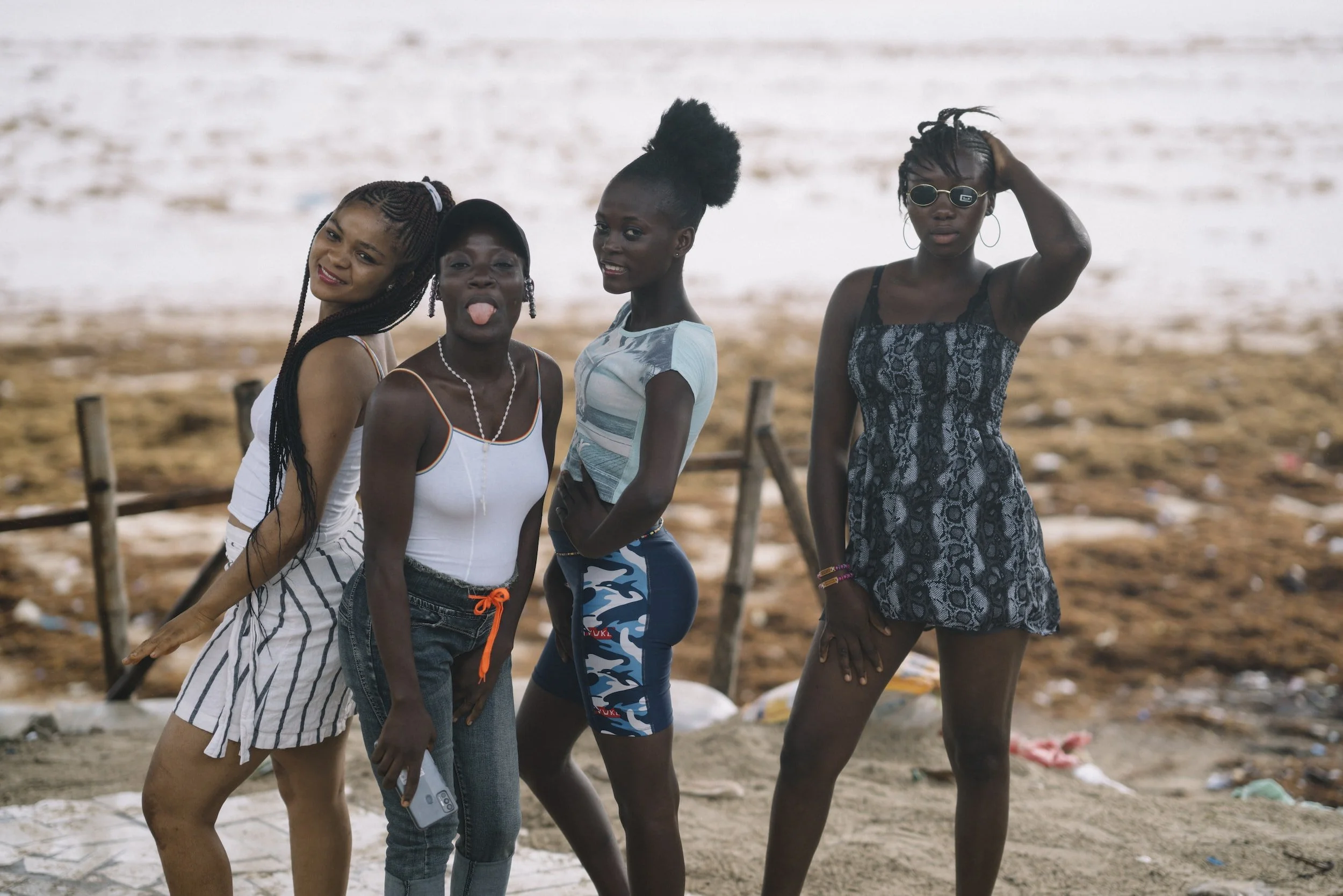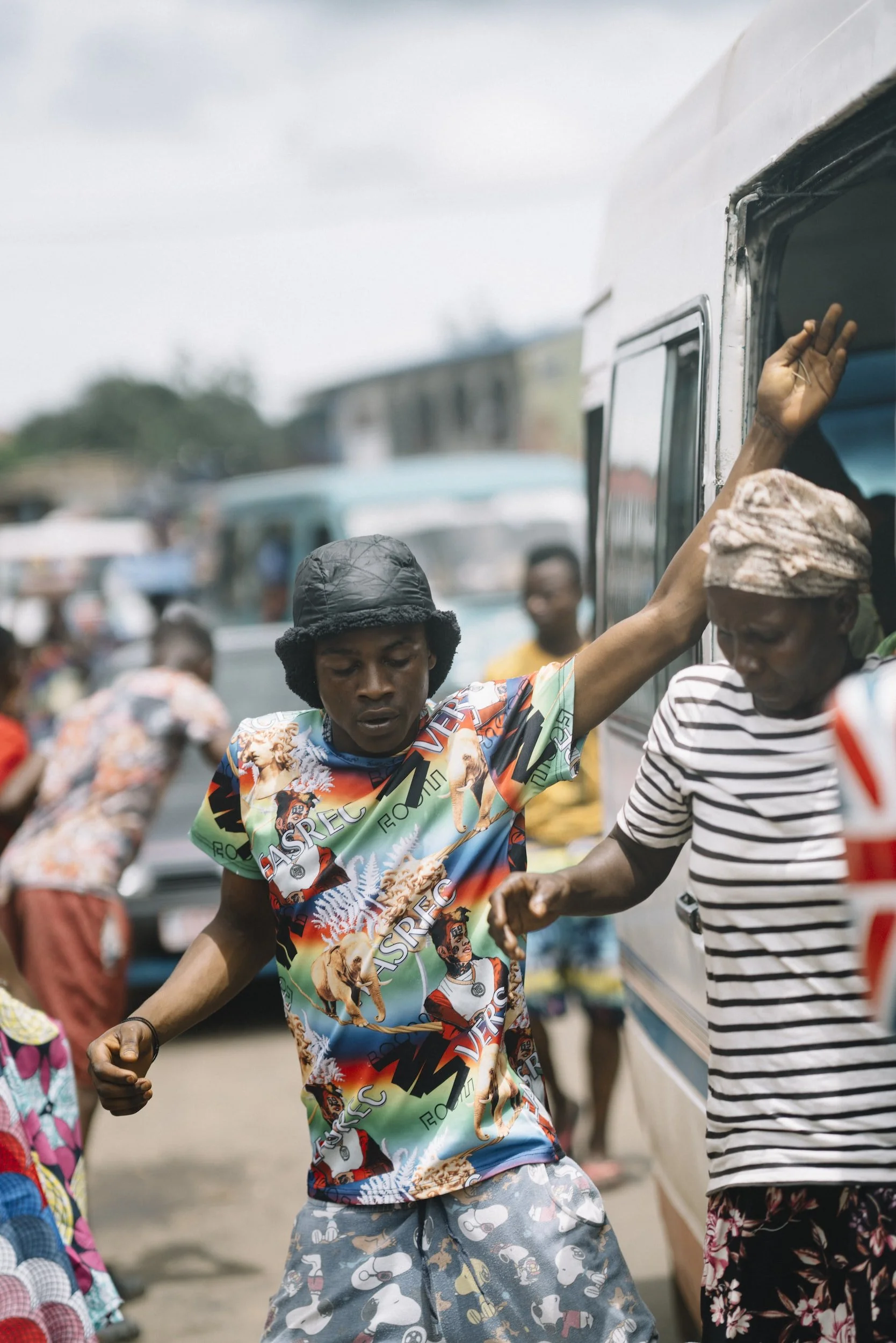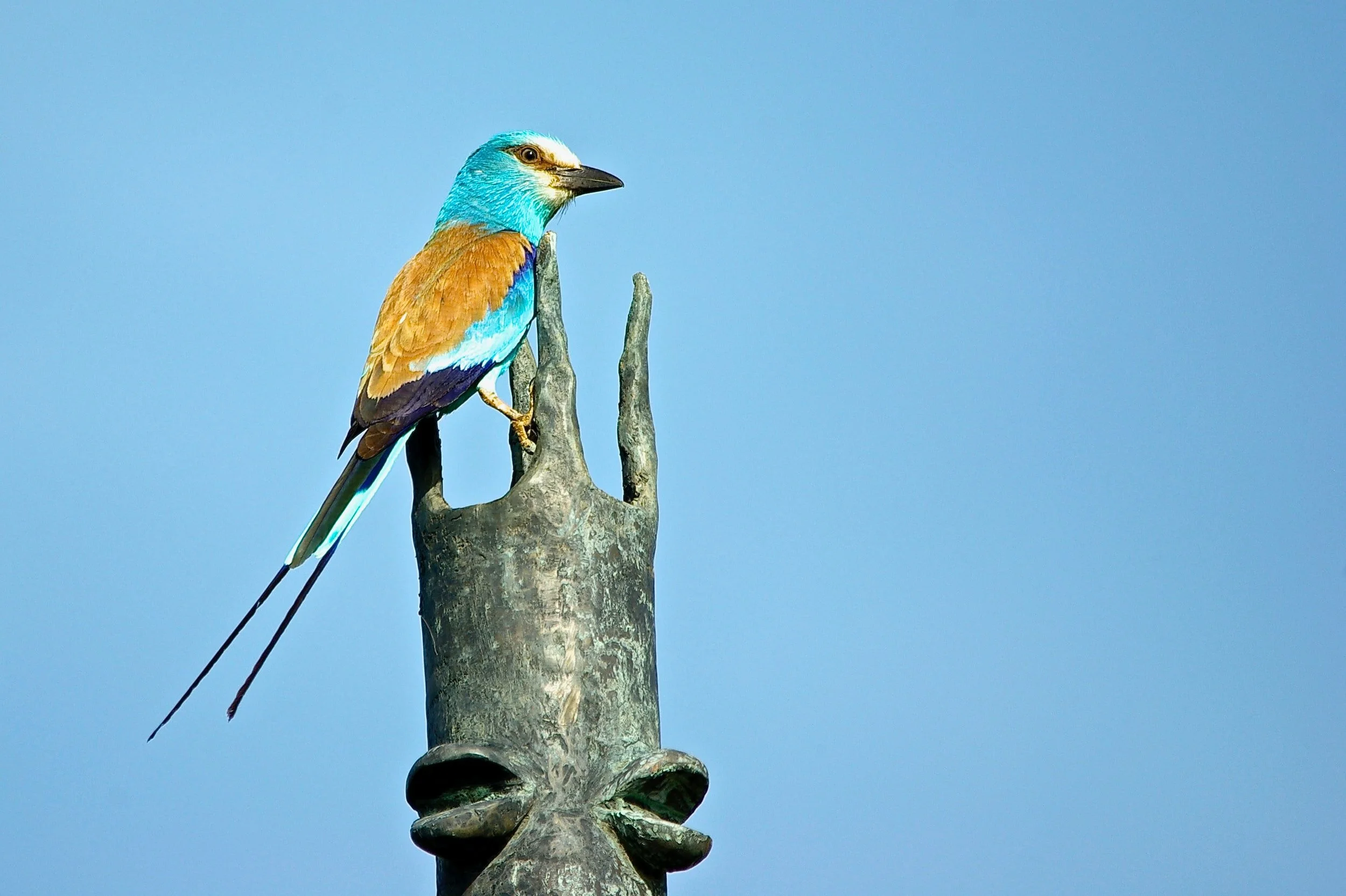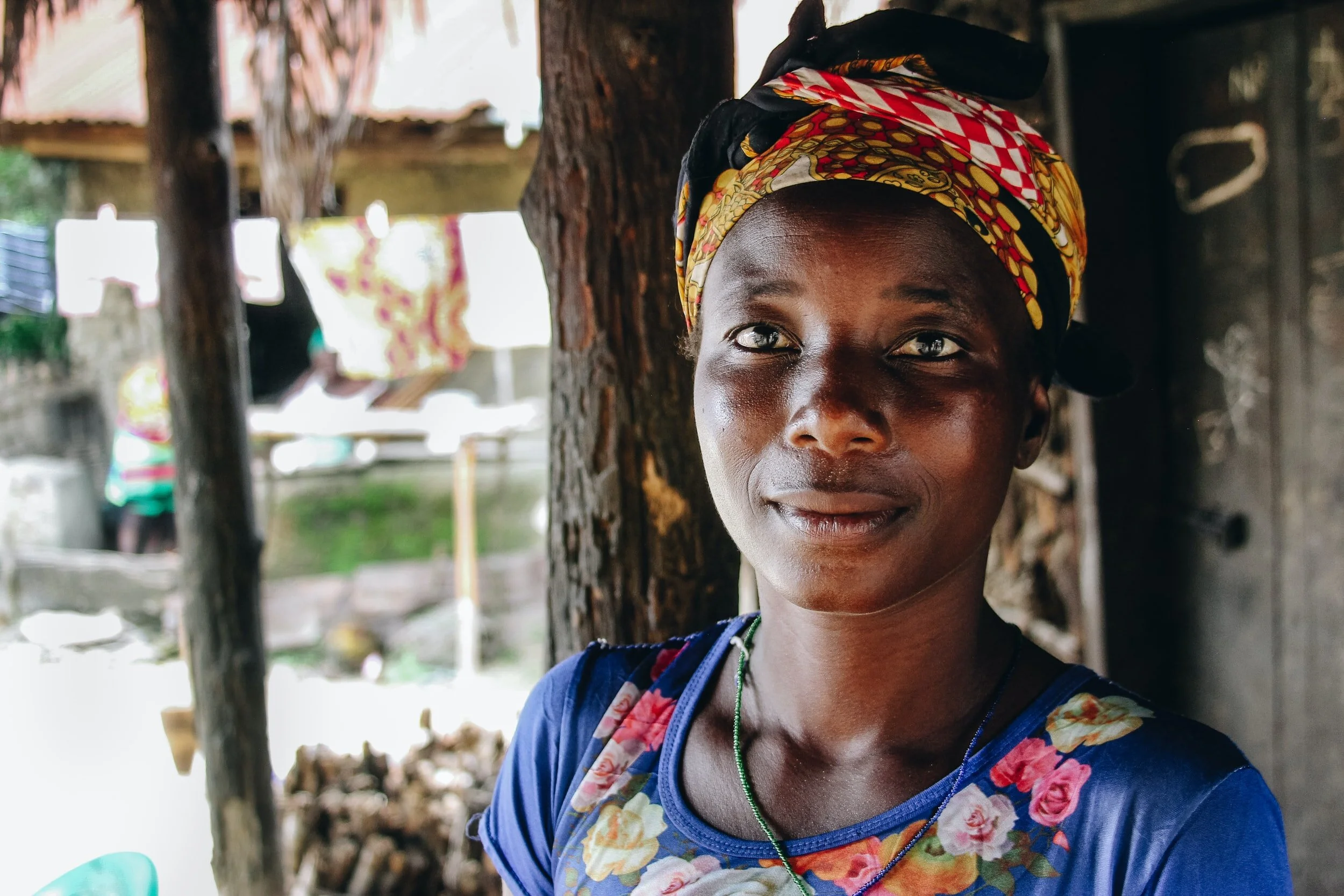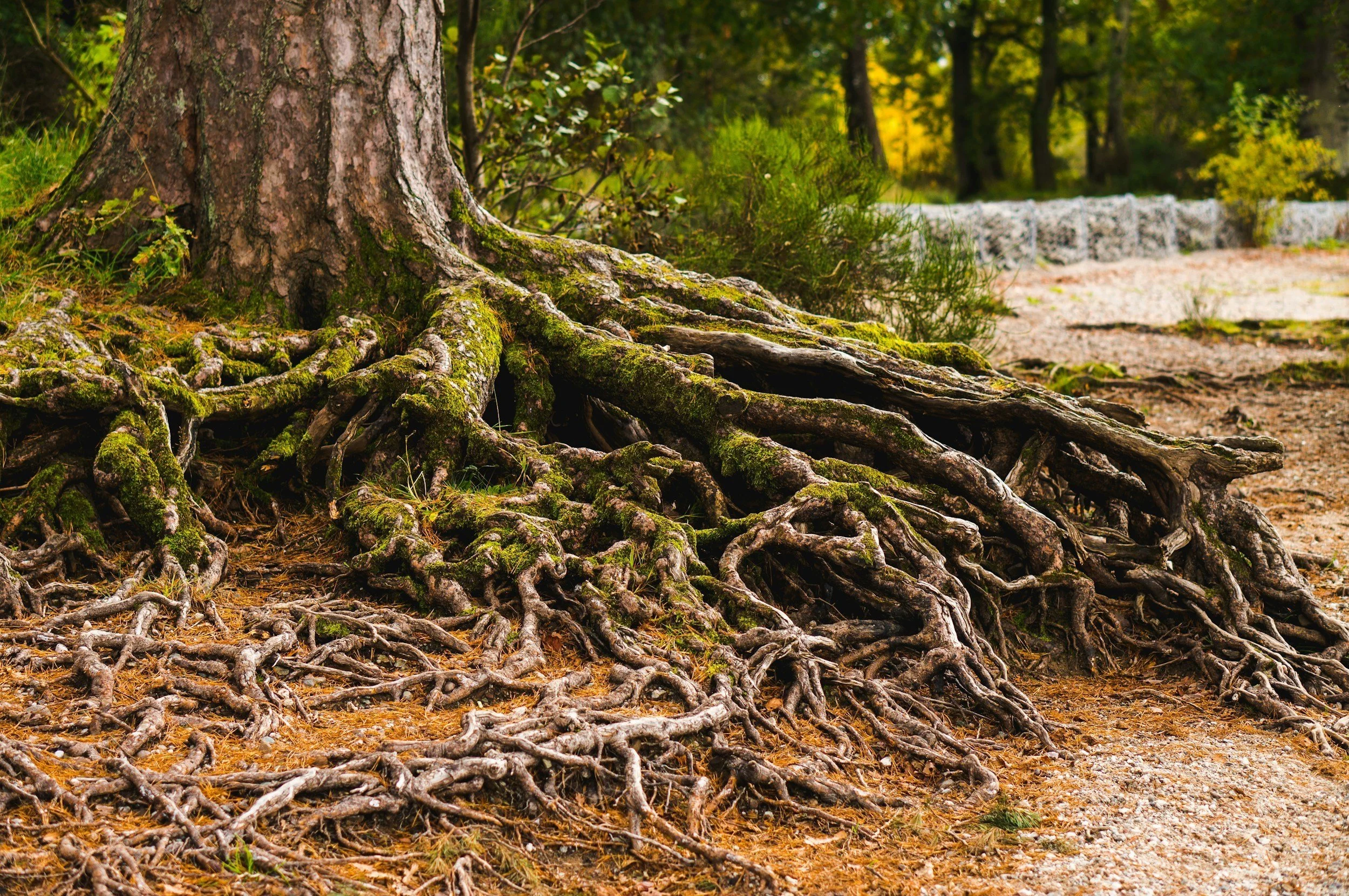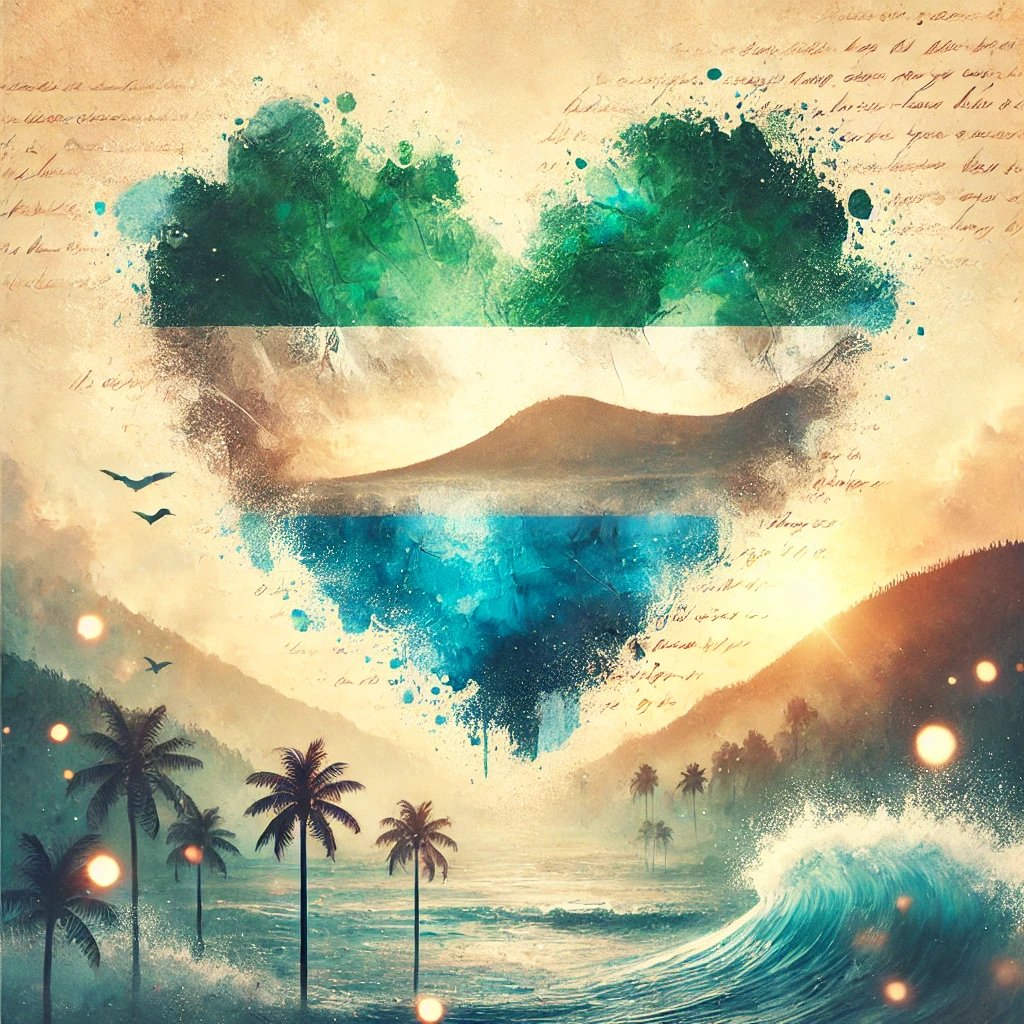
Black Woman
By Rosaline Virginia Bundeh
A black woman is told:
your smile is dazzling and elegant but it’s too much
your laughter is stunning, but it draws attention and it’s too much
you are hard-working, you bleed your palms and bruise your knees, but it’s not enough
I notice you have two hands that bind softly but you act like they are on cuffs
you are beautiful, your skin glitters but it’s still rough
you are black, you are cultured but you are not black enough
being a black woman is tough
To a black woman, they say:
you talk boldly, you’re defensive but it’s too loud
you work tirelessly but you always frown
Some say: don’t look up, look down
others say: don’t look down, look up, don’t act like a clown
don’t stare, it’s rude, don’t look down it's dumb
you are too ambitious; you’re always chasing something like a crazy cat
you’re this! You’re that!
To a black woman, some say:
your stretch marks resemble the back of a tree and it’s not pretty
your curves are unique but your thighs are too thick
your thighs draw attention. They are too flabby
they define saggy breast as being slutty
they will say; you’re too humble, you’re too rude, you’re too fast, you’re too slow
society will always complain and want black women to act like a supernatural being
when they are treating her like a worthless thing
As a black woman
my elders will hurt me, but I dare not speak
men will touch my hips, and squeeze my thighs, force themselves on me and smile
It’s our culture to be respectful even when they are breaking our bones
or bruising our thighs or painting our faces black and red with a slap
men will rape you, but it’s not new, its most of my sister’s stories,
they say: I am not that beautiful but I am always complaining
I am an attention seeker, so I should stop whining.
Being a black woman is like being against the world
It’s like you carrying mother earth and fighting with the sun and moon
they will expect us to speak after cutting our tongue
society will say ooh no! It’s a girl
and they will shake their heads in disappointment
even if we mop the ocean, they will still point out the tiny drops and say we are lazy or call us an embarrassment
they will send us in the dark, pluck out our eyes and say stop acting blind
We are Champions
Our skin is rich, fresh, dark, and soft, it glitters
Our greatness is about embracing our true selves regardless of the pains or heartaches
I’m a black woman with flaws but I’m me and I’m unique
I’m a pearl
You are a black woman, you are tough, you are priceless, you are rare, you are worth a king’s ransom, you are valuable
Being black is POWERFUL.
Rosaline Virginia Bundeh is a writer and public health practitioner currently residing in Freetown. She finds beauty in words and enjoys the trials of life. You can follow her on twitter at @RBundeh.
BATA
If I could drum, I’d run deep into the forest and play. I’d start slowly, beckoning the ears of townspeople, inviting their subconscious to dance with me; to dance to the rhythm the forest exudes. I’d play faster, increasing the intensity of my sound, strike after strike, it would grow louder. When the surface of the drum is moist with sweat dripping from my face I will strike it even harder, I will strike it to my death. The metallic tang of the African drum will crackle and bite like village fires where tradition is passed down. I will beat the drum like an angry July rain descending on a cluster of zinc roofed houses with immense fury; I will not play music, I will play pain, misery, and death. I will beat the drum until the blood from my heart rushes straight to my palms and flood the surface of the drum, muzzling the sound of my beat, then I’ll beat the drum even harder. I’ll beat it till the sorry animal whose skin was borrowed to craft the instrument shrieks in anguish. That ought to keep the townspeople awake.
By Sidikie Bayoh
Sidikie Bayoh is a Sierra Leonean poet, and gardening and woodwork enthusiast who currently resides in Accra, Ghana. Follow him on Twitter: @dikie_moe Instagram: @dikie.moe
Fool’s Glitter
“ Like a baby still-born
Like a beast with its horn
I have torn everyone who reached out for me.”[1]
---
Nestled in the pregnant ground
The ancestors tamed me.
Midwived by the Companies’ adventuresome greed
I mewled and seduced, fed fanciful needs
And then
Lionised, I nurtured organised terror
I roared out my unholy power
I took humanity
and shoved it down my hole.
Gold
Solhan’s choke hold
Diamonds
Kailahun violence
Cobalt
Goma’s child soldiers
I took insanity
Fed it gas so it would explode.
Like a bankrupt billionaire
Like a unicorn turned bear
I will tear all the values that came before me.
I take humanity
And shove
it down
my hole.
Dedicated to the victims of the June 2021 Solhan massacre.
[1] From Bird on the Wire by Leonard Cohen
About the poet: Yarri Kamara is a Sierra Leonean writer living in Burkina Faso.
Ten Long Years
For ten long years
we spared no one
on the theater of war,
where no glories were won,
only the wasted lives of our kinfolks
and the tired frame
of a battered nation,
where we were prey and predator.
From humble Bomaru,
agony rode through our veins
to the death of heroes and villains,
when blood relatives of this land
hunted one another
with apocalyptic grudge,
fighting to conquer themselves
in a land divided against itself.
We had forgotten the peace
once shared in the noise children made
when they played hide and seek
on nights illuminated by moonlight,
when adults sat around the fire
sharing legends of their land
and the illustrious heroes
whose bold steps cleared our path.
We had strayed too far
from the luminance of Naimbana
and the bravery of Sengbe and Nyangua
to where we became lab animals
in the murderous hands of intoxicated children
controlled by savage hands,
possessed by evil spirits
conjuring our bloody end.
When our neighbors
in green and blue helmets
arrived to keep the peace
our fire had burned too far.
Those with any life left
rose from cinder
like feverish zombies
groaning and trembling to life.
Now let our ruin be our rebirth
as life itself springs from death,
a new country consecrated with blood
germinates with zest and courage,
with a firm commitment
to never again
turn to violence
to settle scores.
-Joseph Kaifala.
Joseph Kaifala is a lawyer , scholar and human rights activist from Sierra Leone.
Mi at sidɔm saful
Mi at sidɔm saful by Anni Domingo
1. Mi at sidɔm saful bikɔs a no se
pan ɔl we di wɔl tɔnɔbɔ ɔlsay
sɔm pɔsin dɛn de we de wok
de ɛn nɛt fɔ ol wi ɔl tayt
so natin nɔ go ambɔg wi.
2. Mi at sidɔm saful bikɔs a no se
pan ɔl we wi de bay wisɛf,
ɛn wi nɔ de niya wi kɔmpin,
wi ɔl na wan ɛn de fil ɔl
wetin wi kɔmpin de fil.
3. Mi at sidɔm saful bikɔs a no se
pan ɔl we ɔlman lɔk insay os, in wan gren,
di wɔl dɔn big. Wi de tɔk naw sɔm kayn we
wi nɔ mɛmba se go apin wan de. Ɔlman na
wan, ɛn wi bisin bɔt wi kɔmpin dɛm.
4. Mi at sidɔm saful bikɔs a no se
dɛm wan dɛm we nɔbɔdi bin de braskitul sɛf,
na dɛm de bifo naw. Dɛn nɔ de na grɔn igen,
wi abop pan dɛm. Na so wi ɔl de klap fɔ dɛm.
5. Mi at sidɔm saful bikɔs a no se
wi kin manej naw witawt bɔku bɔku tin dɛm.
Na pɔsin, nɔto tin dɛm, go mek wi layf bɛtɛ,
Ɛn tɔn dawt ɛn tabitabi to op fɔ tumara.
6. Mi at sidɔm saful bikɔs a no se
Dis lɔkdɔng ya so, nɔ min se wi fasin insay.
I mek wi at swɛl big so te wi ebul fɔ
pre fɔ dɛn wan dɛm we dɔn lɔs dɛnsɛf
ɔ dɛm bɔdi dɔn brok wit tumɔs wahala.
7. Mi at sidɔm saful bikɔs a no se
ɔl dis bɔku plaba go tap wan de.
Ivin na dis kres kres tɛm ya so
Wi dɔn fɛn tru sori-at ɛn ajo,
ɛn wi at de sing wit jɔy.
8. Mi at sidɔm saful bikɔs a no se
tide na bunya, ɛn wi nɔ no wetin go kam
tumara bambay. We wi ɔl sidɔm na os
di grɔn dɔn gɛ tɛm fɔ de mɛn insɛf.
9. Mi at sidɔm saful bikɔs a no se
ɔltin we de insay wi at, na di sem tin
we bin de fɔstɛm, bikɔs ɔltin na wan
i sidɔm na wi at, ɛn fasin wi to aw
wi tan lɛk dip insay, to udat wi bi.
10. Mi at sidɔm saful bikɔs a no se
wi dɔn gɛt bɔku bɔku tɛm. so lɛ wi
tinap, lɛ wi lisin ɛn memba se,
wi tranga, ɛn bay ɛn bay, wi go ebul
fɔ blo kam dɔng igɛn .
Anni Domingo is a British-Sierra Leonean actress in Theatre, Television, Radio and in Films.
Note: Ms Domingo would like to acknowledge Amadu Bangura and Esme James for helping with
official Krio orthography in this poem.
